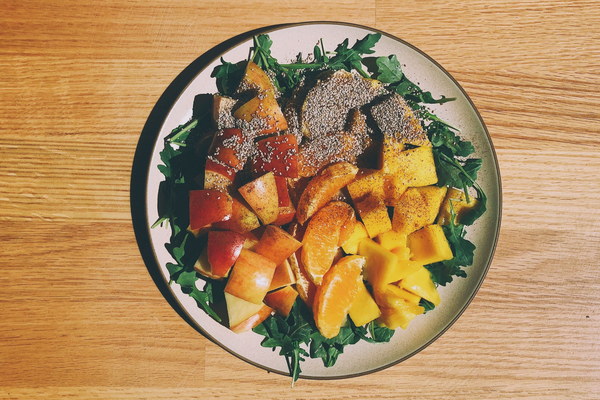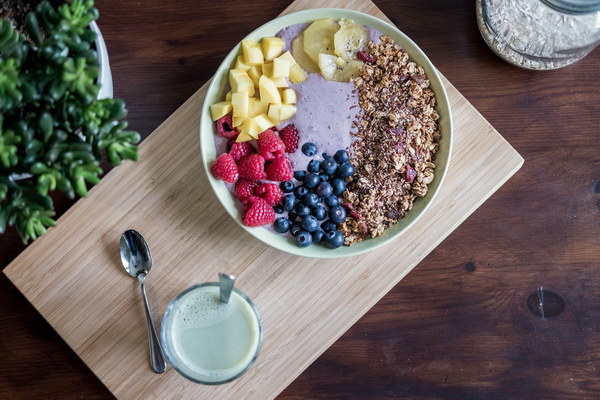Feeding Your Baby to Health A Guide to Nutritional Supplements for Pregnant Women
Pregnancy is a time of immense joy and anticipation, but it also brings with it the responsibility of ensuring the health and well-being of both mother and baby. One of the most crucial aspects of pregnancy care is the appropriate nutrition. This article aims to provide a comprehensive guide to nutritional supplements for pregnant women, helping them to nourish their baby from within.
Understanding the Basics of Pregnancy Nutrition

During pregnancy, the body requires additional nutrients to support the growth and development of the fetus. It is essential to understand that while supplements can play a significant role, they should never replace a balanced diet. A well-rounded diet rich in fruits, vegetables, whole grains, lean proteins, and healthy fats is the foundation of a healthy pregnancy.
Key Nutritional Supplements for Pregnant Women
1. Folic Acid: Folic acid is a B vitamin that is crucial for the development of the neural tube, which eventually becomes the baby's brain and spinal cord. It is recommended that all women of childbearing age take a folic acid supplement, but especially during the first trimester of pregnancy. The recommended dosage is 400 to 800 micrograms daily.
2. Iron: Iron is necessary for the production of hemoglobin, which carries oxygen in the blood. During pregnancy, the demand for iron increases to meet the needs of the growing fetus and placenta. Iron supplements are commonly prescribed to prevent iron-deficiency anemia, which can lead to fatigue, weakness, and a higher risk of complications during pregnancy. The dosage usually ranges from 27 to 60 milligrams per day.
3. Calcium: Calcium is essential for the development of the baby's bones and teeth. It also plays a role in muscle and nerve function. Most women require an additional 300 milligrams of calcium per day during pregnancy. Good food sources of calcium include dairy products, leafy green vegetables, and fortified foods.
4. Iodine: Iodine is necessary for the production of thyroid hormones, which are critical for the baby's growth and development. Iodine deficiency during pregnancy can lead to intellectual disabilities in the child. Most prenatal vitamins contain sufficient iodine, but if you have a known iodine deficiency, your healthcare provider may recommend additional supplementation.
5. DHA (Omega-3 Fatty Acids): DHA is an essential omega-3 fatty acid that is important for the development of the baby's brain and eyes. It is recommended that pregnant women consume at least 200 milligrams of DHA per day, which can be obtained through supplements or dietary sources such as fatty fish like salmon, mackerel, and sardines.
6. Vitamin D: Vitamin D is vital for calcium absorption and bone health. It also plays a role in immune function and may have a protective effect against pre-eclampsia. The recommended dosage of vitamin D during pregnancy is 600 to 800 international units (IU) per day.
Guidelines for Taking Supplements
- Always consult with your healthcare provider before starting any new supplement, especially during pregnancy.
- Choose high-quality supplements from a reputable source.
- Be aware of potential side effects and interactions with other medications.
- Avoid high-dose supplements, as excessive intake can be harmful.
- Focus on whole food sources of nutrients whenever possible.
In conclusion, proper nutrition is essential for a healthy pregnancy. By understanding the basics of pregnancy nutrition and incorporating the necessary supplements into their diet, pregnant women can help ensure the optimal development of their baby. Remember, while supplements can support your pregnancy, they are not a substitute for a balanced diet and regular prenatal care.









